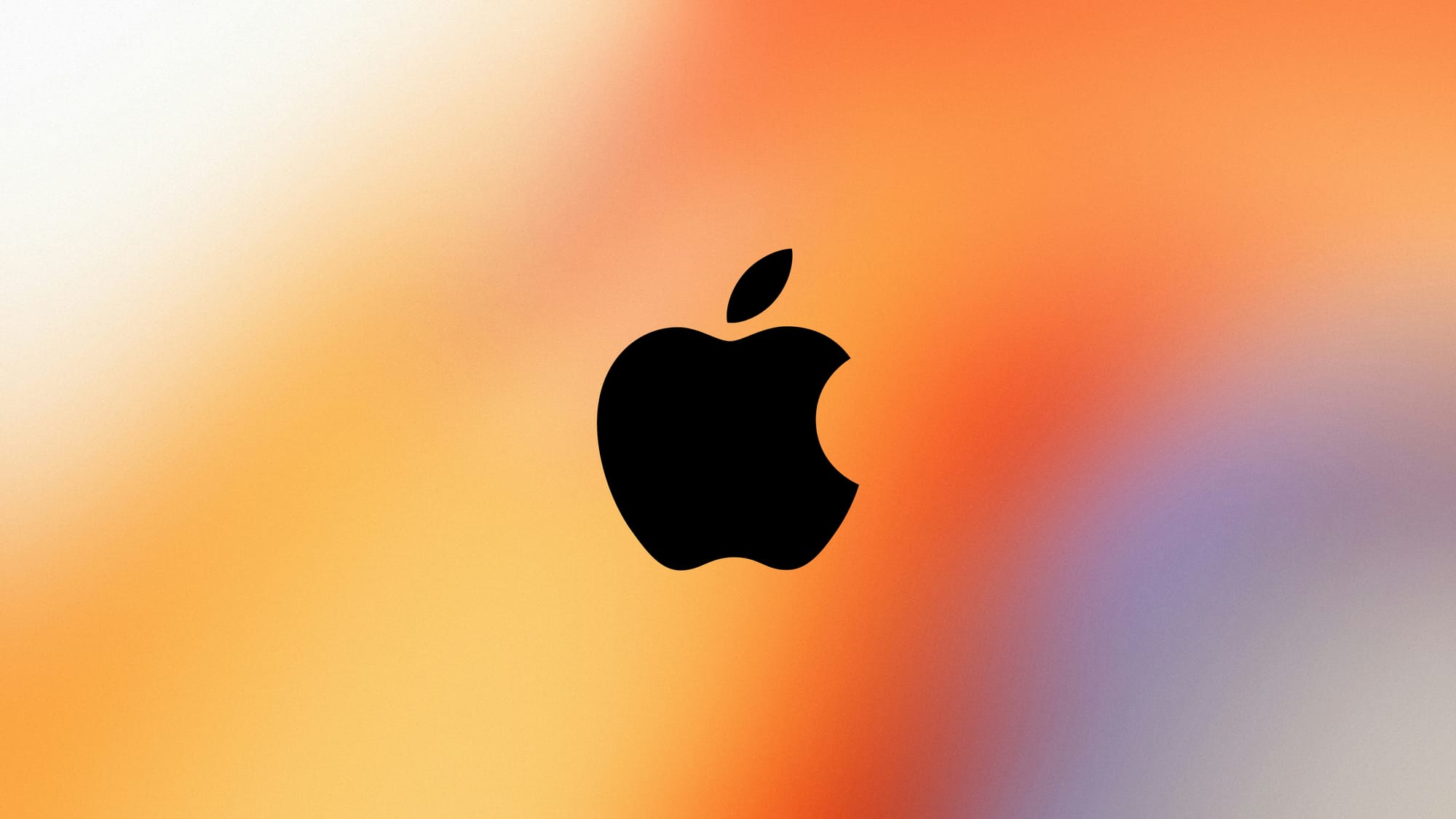Meta has just unveiled a brand-new standalone artificial intelligence app, stepping directly into competition with OpenAI’s ChatGPT and signaling a major move in the AI arms race. Powered by Meta’s latest Llama 4 language model, this app lets users interact with a virtual assistant through both text and voice, offering personalized responses based on their Facebook and Instagram profiles.
What sets Meta’s AI app apart is its social twist. The app features a “Discover” feed, where users can see and share AI-generated interactions with their friends on Instagram and Facebook, making the AI experience more interactive and community-driven. As Connor Hayes, Meta’s VP of Product, explains, the goal is to “show what people can accomplish with it” and make AI a truly social experience.
Meta’s AI assistant isn’t just about chat. Users can generate images, edit content, and even use the app in tandem with Meta’s Ray-Ban smart glasses, bringing AI features right to their wearable devices. This integration highlights Meta’s strategy to create a seamless ecosystem across its hardware and software, making AI accessible wherever you are.
Personalization is at the heart of the experience. In the U.S. and Canada, Meta AI tailors its answers using data from your Meta profiles, and users can ask the assistant to remember specific preferences for future conversations. For example, you could tell Meta AI about dietary restrictions or favorite activities, and it will keep those in mind for more relevant suggestions.
Looking ahead, Meta plans to test a paid subscription model for advanced features later in 2025, although significant revenue from this service isn’t expected until 2026. With this launch, Meta is leveraging its massive social network and user data to offer a uniquely personalized and socially integrated AI assistant, aiming to stand out in a crowded market dominated by OpenAI, Google, and Microsoft.
As Meta puts it, “Meta AI is built to get to know you, so its answers are more helpful. It’s easy to talk to, so it’s more seamless and natural to interact with. It’s more social, so it can show you things from the people and places you care about”. This app marks a new chapter in how AI can fit into our daily digital lives-not just as a tool, but as part of our social experience.














Discussion